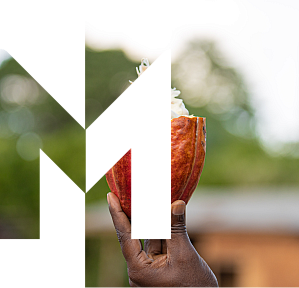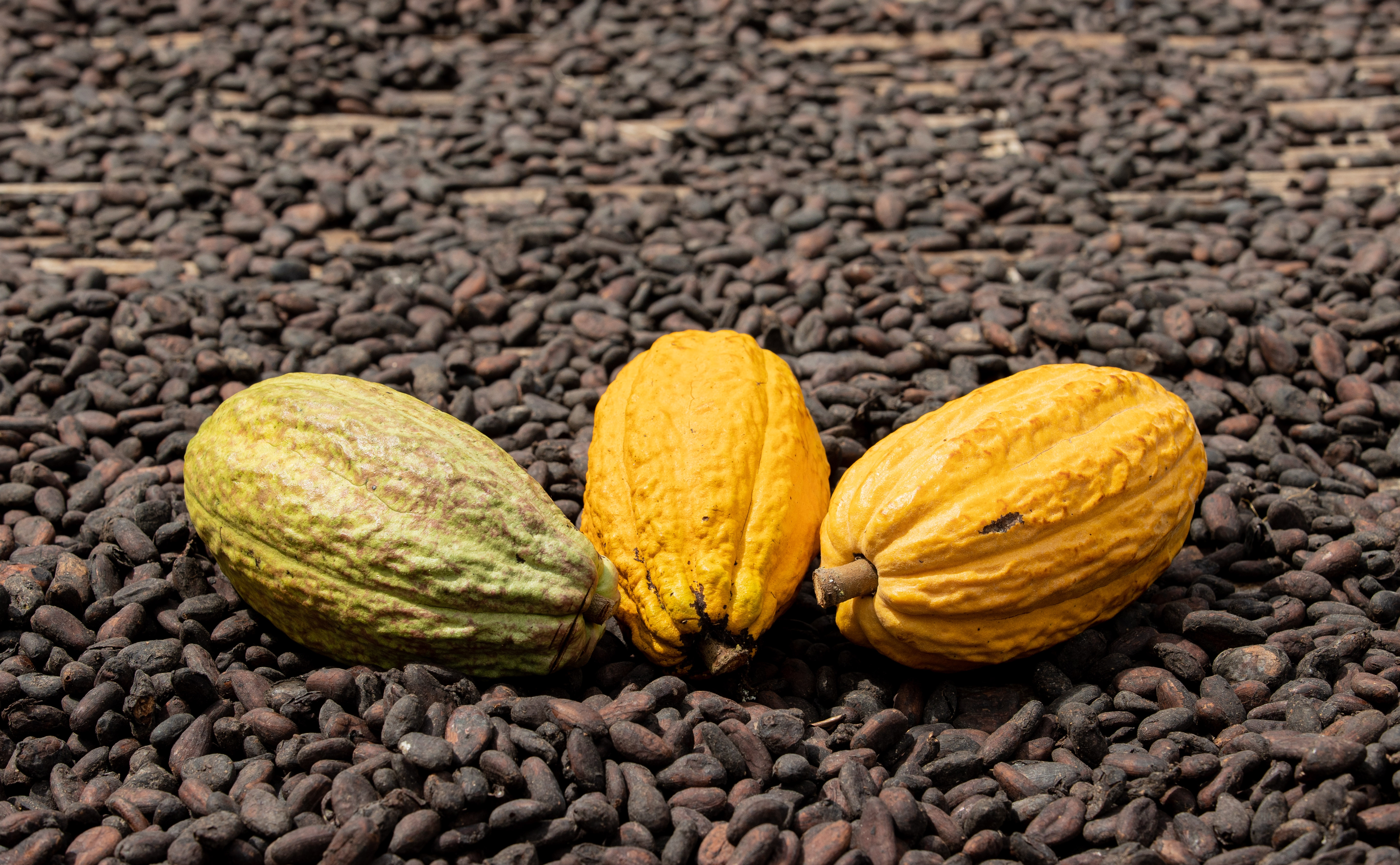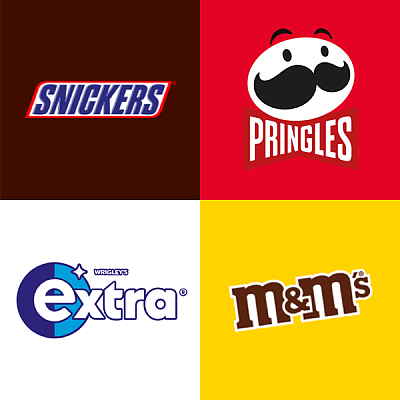Cocoa for Generations
Our vision is to help create a more modern, inclusive and sustainable cocoa ecosystem where everyone is empowered to thrive1.

A legacy in cocoa
For over 100 years, Mars has been using cocoa from around the globe to make our iconic lineup of chocolate brands.
We understand the challenges the cocoa industry faces are complex. We want to be a positive force in the cocoa ecosystem, but we can't make progress alone. We’ve worked with others in cocoa for decades and believe continued collaboration is key to supporting the global cocoa ecosystem.
Working on the ground with like-minded partners, through our Cocoa for Generations strategy we have committed $1 billion USD over a period of 10 years (2018-2028) to help support programs that make a difference for cocoa-growing communities and the environment we all rely on.
Our Responsibly Sourced Cocoa (RSC)2 program aims to help promote a positive impact on the cocoa supply chain. Developed in collaboration with suppliers, certifiers, and other stakeholders, our RSC Program aims to address both current and future challenges in responsible sourcing. Under these specifications our suppliers must not only understand the risks within their supply chains but also actively mitigate these risks.

Our vision for cocoa
Cocoa for Generations is Mars' strategy for how we can play a role in helping foster a better cocoa ecosystem. We aim to do so through our 3 core pillars: modern, inclusive and sustainable.
Modern
Working to develop technology and innovation to help make cocoa more resilient and productive.
Inclusive
Supporting programs for economic development in the cocoa supply chain.
Sustainable
Striving to help look after natural resources for cocoa-growing communities.
Helping create opportunities for change
Together with cocoa suppliers, experts, researchers and partners, we can help create opportunities for positive change for cocoa-growing communities around the world.
“Mars works with others across the industry to help provide focused support for cocoa-growing communities. Our approach at Mars is to help contribute to the development of a more modern, inclusive, and sustainable cocoa ecosystem.”
"Our approach...is to help contribute to the development of a more modern, inclusive, and sustainable cocoa ecosystem.”
Harper McConnell, Global Vice President, Cocoa Sustainability, MarsInterested in our reporting throughout the years?
Footnotes
1. At Mars, we recognize that the global cocoa supply chain faces many complex and interconnected risks and challenges, especially in regions of West Africa. Although Mars does not own or operate any cocoa farms in West Africa, it does purchase cocoa sourced from all over the world, including West Africa. Mars is making investments in various programs with the goal of helping to combat the risks of human rights abuses, climate change and threats to forests, among other things. Ultimately, no one actor can combat these risks alone—lasting progress will depend on collective action from governments, corporations, NGOs, and all stakeholders in the cocoa industry.
2. When we say ‘Responsibly Sourced Cocoa’, we mean cocoa that has been produced, delivered, and sold in compliance with Mars Responsibly Sourced Cocoa Specification. This specification requires, among other things, that suppliers of cocoa have:
- Third-party verification: Independent third-party auditors review the cocoa supply chains of the suppliers and their farming organizations participating in the Responsibly Sourced Cocoa Program to determine whether they meet the certification standards of Rainforest Alliance, Fairtrade or another certification body approved by Mars or comply with the Responsibly Sourced Cocoa Specification.
- CLMRS: For high-risk origins in West Africa, suppliers must implement child labor monitoring and remediation systems (CLMRS) for any at-risk households of farmers who are participating in the Responsibly Sourced Cocoa Program.
- Polygon Mapping: Suppliers must polygon map the entire perimeter of the farms participating in the Responsibly Sourced Cocoa Program using GPS coordinates and be able to trace the cocoa produced on those farms to the first point of purchase of the cocoa by the suppliers.
Many suppliers in the cocoa industry use a common method called 'mass balance' in purchasing, processing, shipping, and storing cocoa. Under the mass balance method, cocoa produced, delivered and sold, in compliance with the Responsibly Sourced Cocoa specification may be mixed at one or more steps in the cocoa supply chain with cocoa that is not produced, delivered or sold in compliance with the Responsibly Sourced Cocoa specification. Because Mars suppliers use the mass balance method in purchasing, processing, shipping and storing cocoa used in the ingredients of Mars products, the chocolate or other cocoa ingredients that we use in a specific product may not be made from cocoa purchased through the Responsibly Sourced Cocoa Program or cocoa produced, delivered and sold in compliance with the Mars Responsibly Soured Cocoa Specification.



